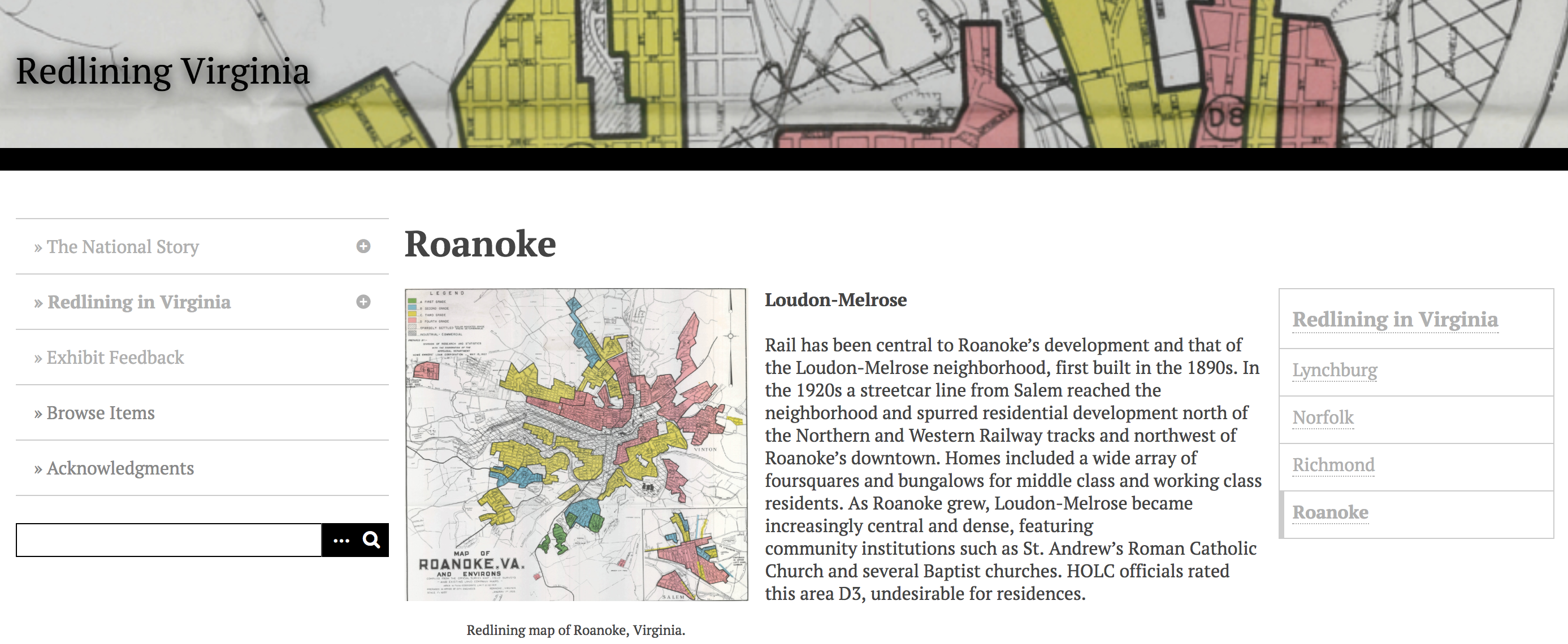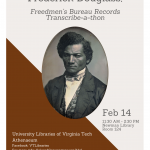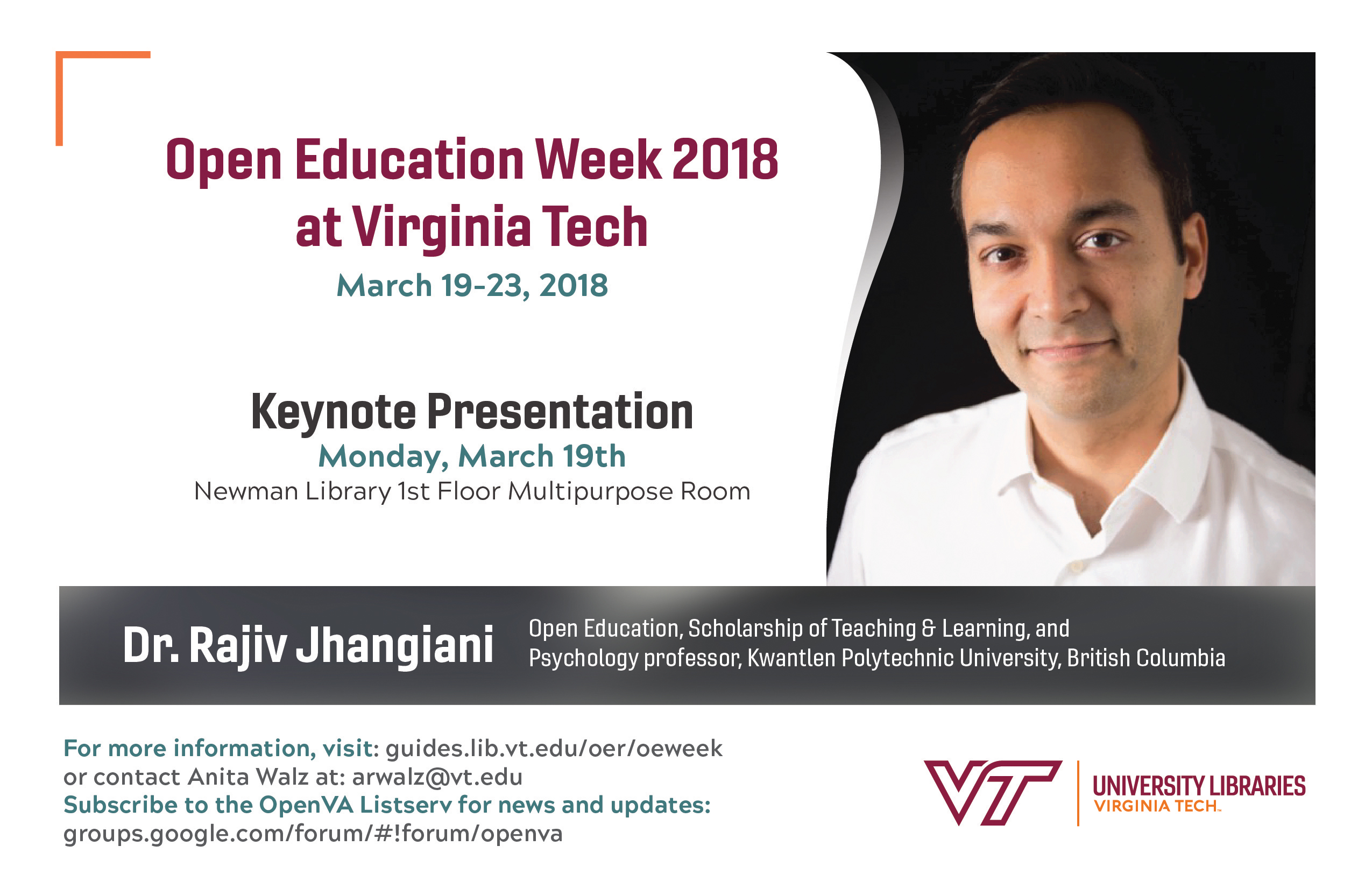Christopher A. Miller
A multi-modal, media-enhanced performance of John Cage’s 45′ for a Speaker (1954)
Athenaeum Classroom (Newman 124)
*hot teas and donuts served
Published in Silence, a collection of John Cage’s writings, 45′ for a Speaker is a performative series of lectures that provide insight into specific pieces of the prepared piano repertoire in addition to Cage’s general notions of composition by chance operations and consultation of the I-Ching. Such processes were also central to John Cage’s two artistic residencies in the local area, orchestrated primarily by Ray Kass, in 1983 and 1988 (Mountain Lake Workshop). This performance takes full advantage of the mediated classroom of Athenaeum to project selections from Cage’s New River Watercolors (1988) in complement with Cage-inspired digital art from Tony Obr and Kalak, photographs by LS King, and musical compositions from Bob Pillow and Kalak. Post-performance discussion will focus on Chris’ research on archiving as performance practice and the archives as a space for performance, which was the focus of his recent artistic residency at the Seoul Dance Center.
2:30-4:00p
“Celts, Cavemen, and Other Contested Ancestors: Identifying the Prehistoric Peoples of Europe.”
Athenaeum Classroom (Newman 124)
By the middle of the nineteenth century archaeologists had extended human history into a deep prehistory, and soon paleontologists would extend that prehistory back into the geologic past of the Ice Age. For anthropologists the primary question was to identify who these prehistoric people were and what relationship they bore to modern Europeans or other existing peoples. My paper examines how anthropologists during the last half of the nineteenth century developed methods to examine and interpret prehistoric skeletons and formulated theories to explain how Europe became populated by successive waves of peoples (races). I then link this to my earlier research on the origins of paleoanthropology as a scientific discipline.




